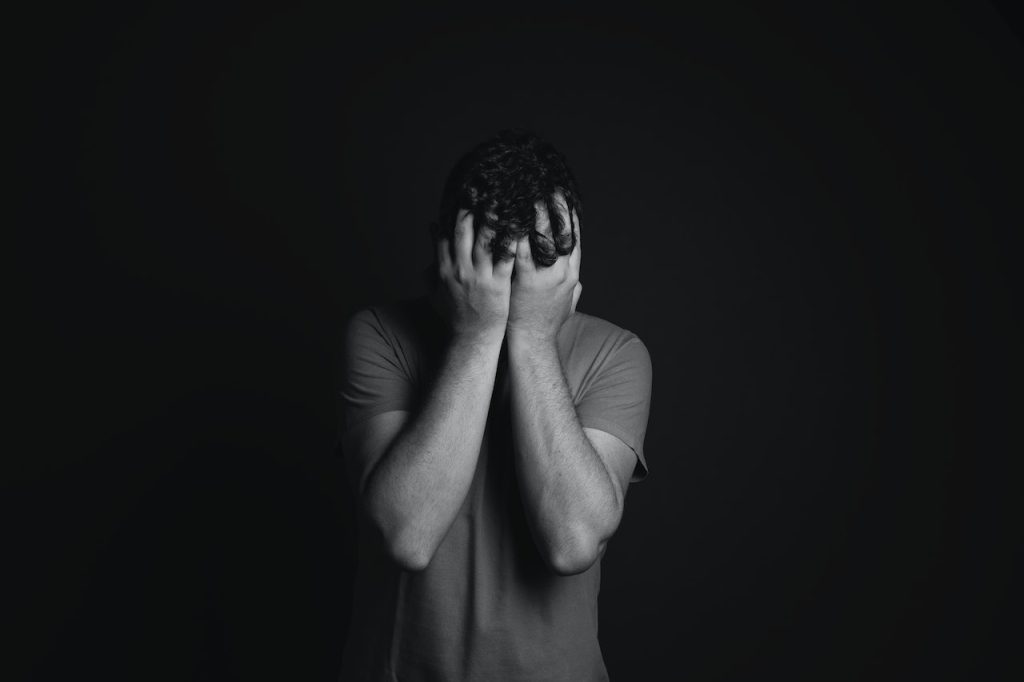Experiencing a brain injury can be life-changing. Recovery can be a process that takes years, so learning how to cope can be difficult. There is plenty of support for you in your recovery journey, so here are some directions you may want to explore.
Table of Contents
The emotional journey after a brain injury
In the immediate aftermath of a brain injury, a lot of emotions will surface. In many ways you will begin to grieve the life you knew and the person you feel you were. This may come out in the form of anger, frustration or depression.
In time, acceptance will start to take over as you can process the new reality you face. Along the way you will likely experience ups and downs, but eventually hope will start to take over as you discover new ways of living with a brain injury.
Building a support system
In general, having a strong support system helps get you through life, but this is especially important when recovering from a brain injury.
Across the country there are dedicated support groups which enable you to chat with people who have been through similar experiences. If your brain injury has left you with trouble communicating in person, or socialisation makes you feel nervous, then there are online communities where you can type and text with people rather than talk face-to-face.
If you believe that your brain injury has been the result of the negligence of someone else, you may want to seek out making a compensation claim. This will ensure your finances are more stable if you are successful, especially if you cannot work. Contact a firm of reliable brain injury solicitors and let them guide you through the process.
Cognitive Behavioural Therapy (CBT) and coping strategies
Accessing therapy can also help to support you through your recovery. One common form of therapy is Cognitive Behavioural Therapy or CBT.
Brain injury sufferers often experience anxiety or depression and CBT can help you to find strategies to cope with this. For example, the root of your anxiety may be that you are fearful of another accident occurring. CBT helps to identify this fear and change your way of thinking to be healthier and more positive.
CBT can also help to manage angry outbursts which can be associated with brain injuries. CBT helps to identify triggers and gives you strategies to de-escalate the situation and calm yourself down.
The role of family and caregivers
Family and friends will often step up in your time of need, helping you in any way that they can. But it is worth bearing in mind that these people will have been affected by your brain injury as well.
It may be helpful for you and them to sit down and have a conversation about what exactly happened and how you feel they can best help you. This may be as simple as them coming over for a cup of tea, a laugh or to play video games with you to keep your mind active.
Arguably most important is to give each other some leniency. There will be times when you lash out in frustration and the same may happen to your family and caregivers. Brain injuries are often sudden occurrences so there needs to be a great deal of adjustment from everyone involved.





